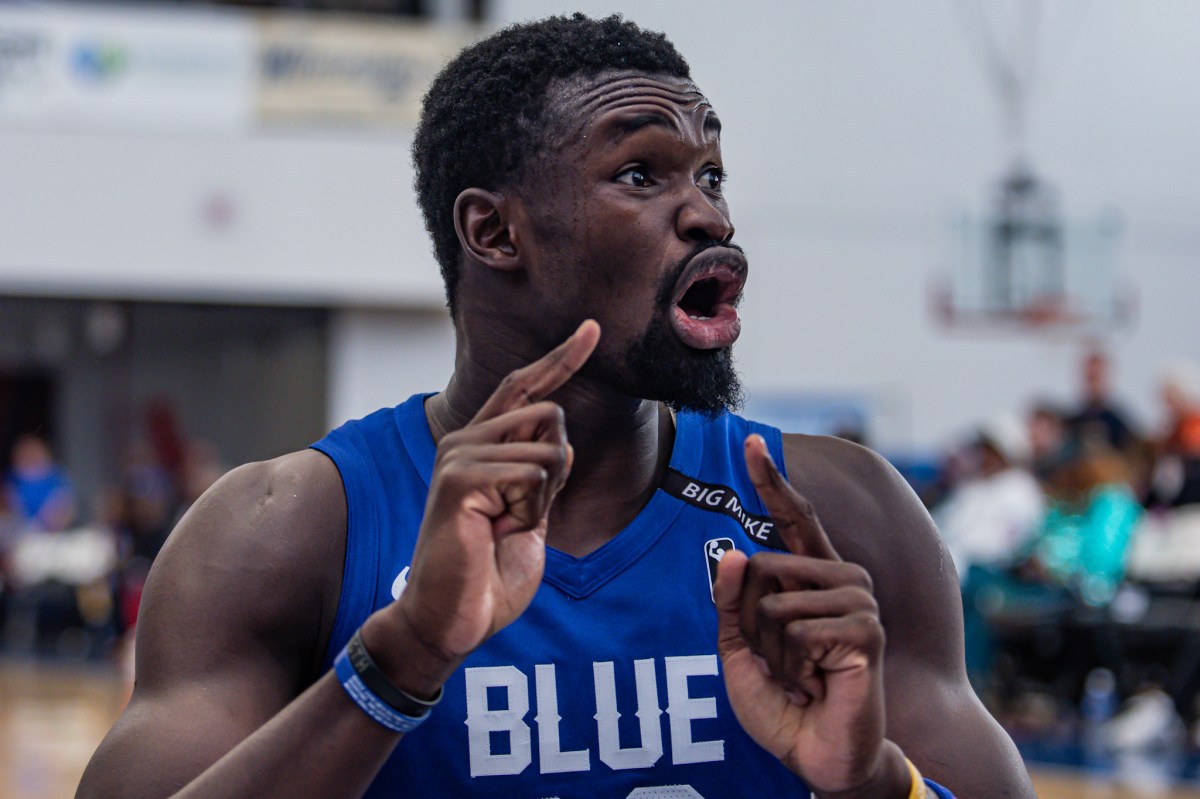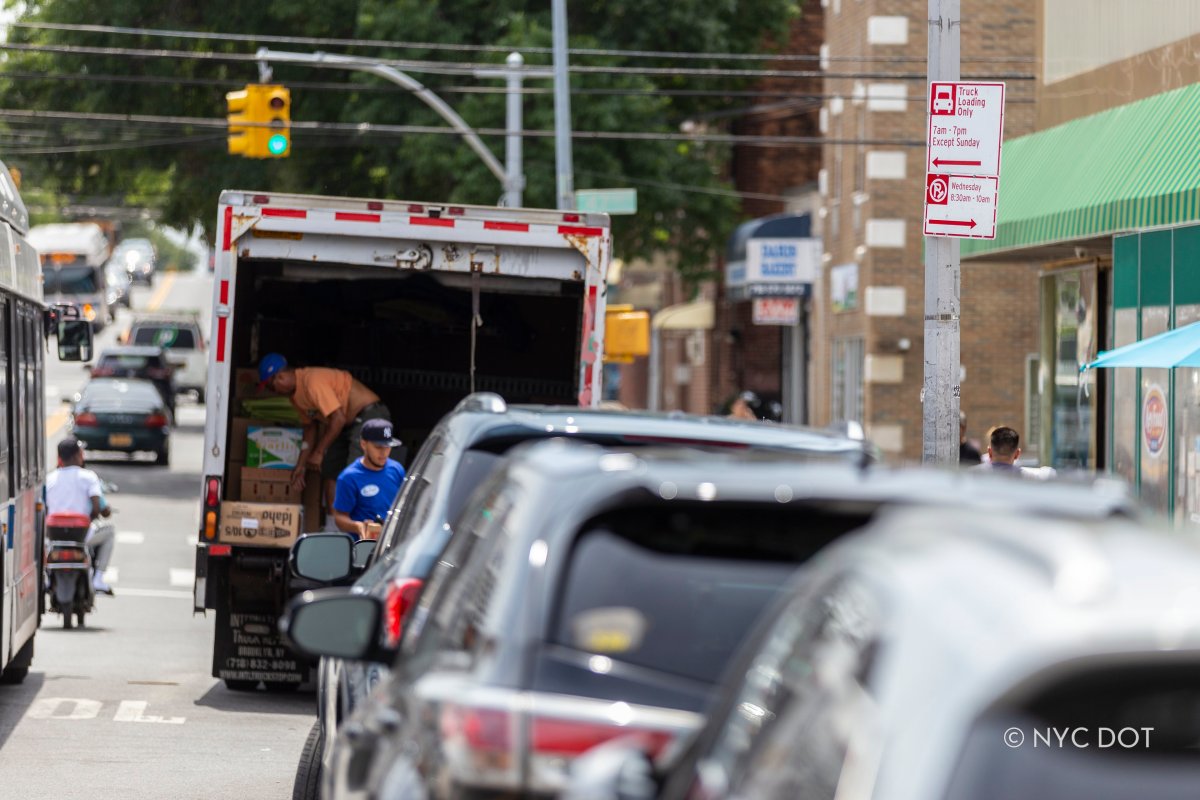HANOI (Reuters) -Vietnam has received 2 million doses of the Moderna COVID-19 vaccine donated by the U.S. government, the American embassy in Hanoi said on Saturday, as the Southeast Asian country battles its worst outbreak of the pandemic.
The shipment, delivered via the COVAX sharing facility, is part of the 80 million vaccine doses that President Joe Biden committed from U.S. vaccine supplies to support global needs, the embassy said in an emailed statement.
After successfully containing the disease for much of the pandemic, Vietnam has faced a more stubborn outbreak since late April, with a surge in daily infections to record levels adding to pressure on the government to accelerate inoculations.
The health ministry reported 1,853 new infections on Saturday, the sixth straight day of more than 1,000 cases, and exceeding Friday’s record of 1,625. Vietnam has recorded 27,863 infections in total and 112 deaths, figures that are still low compared with some European nations, India and the United States.
Most of Vietnam’s new cases are centred on Ho Chi Minh City, which introduced 15 days of broad movement restrictions on Friday, along with some other cities.
Half of the doses that arrived on Saturday – the country’s first Moderna shots – will be funnelled to Ho Chi Minh City’s 9 million people, state media said on Saturday.
Vietnam has received around 8 million vaccine doses so far, mostly under the international COVAX sharing facility. More than 4 million doses have been administered, but only about 258,000 people have been fully vaccinated out of a population of 98 million.
The health ministry said on Friday it aimed to vaccinate 50% of people aged 18 or older by the end of the year and 70% by the end of March 2022.
(Reporting by James Pearson; Editing by Tom Hogue and Pravin Char)



















